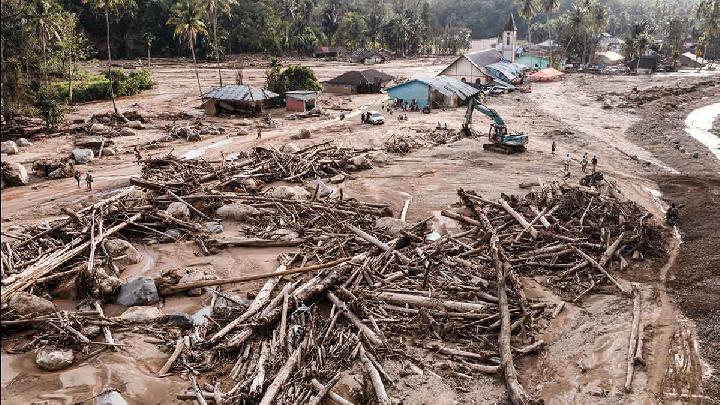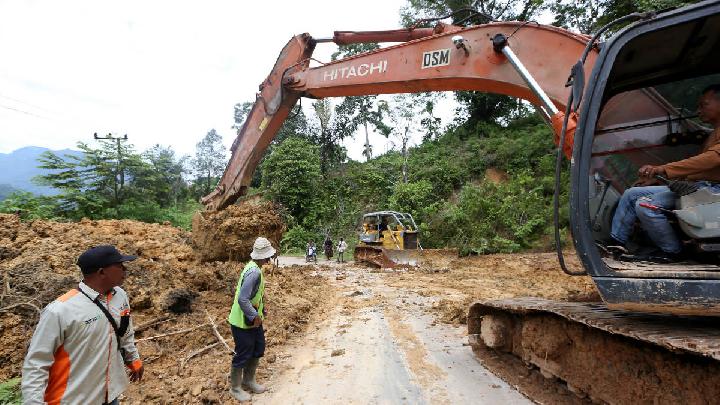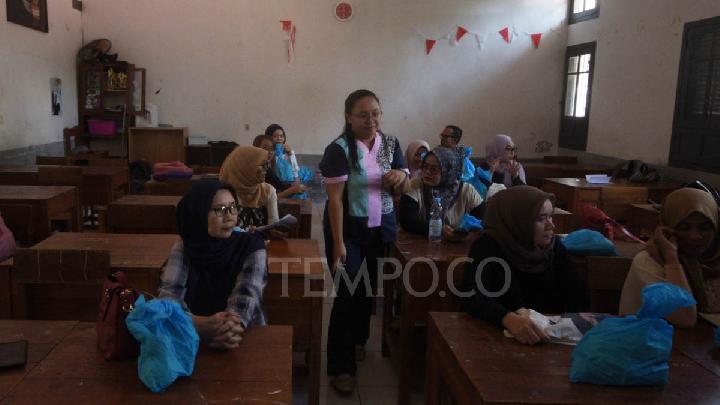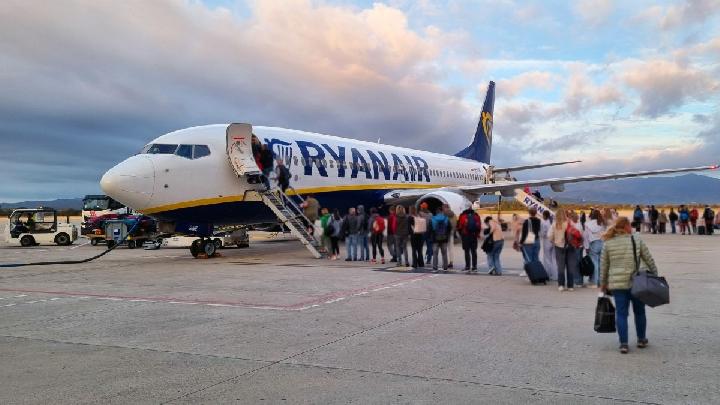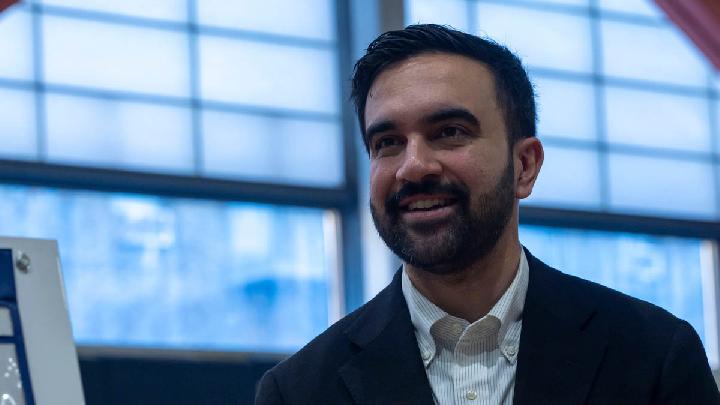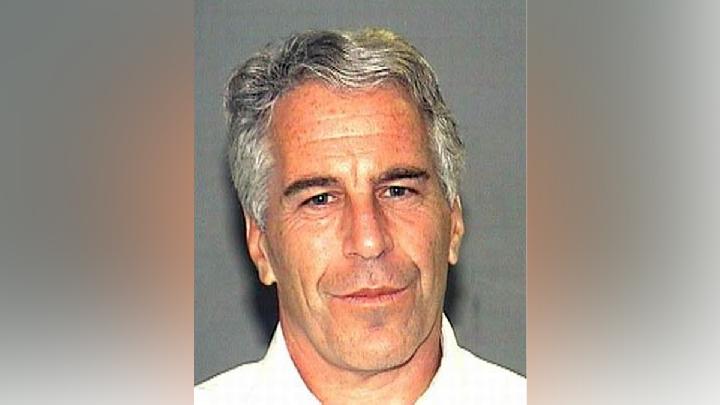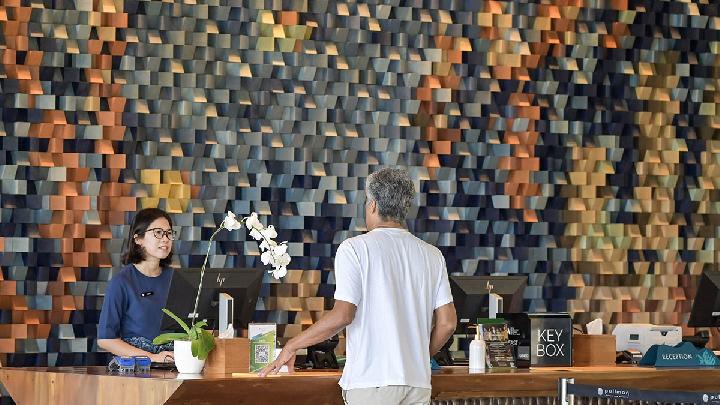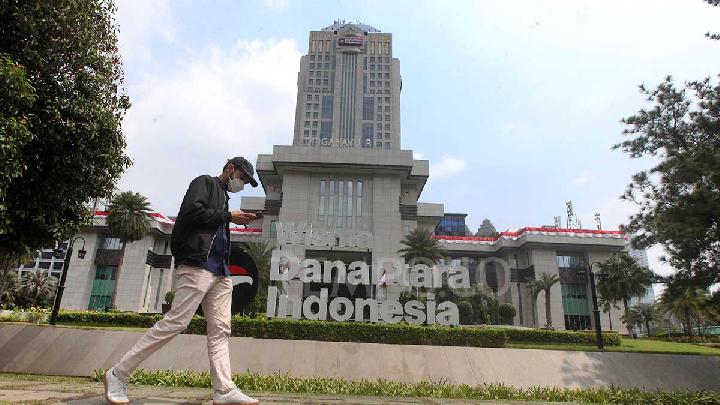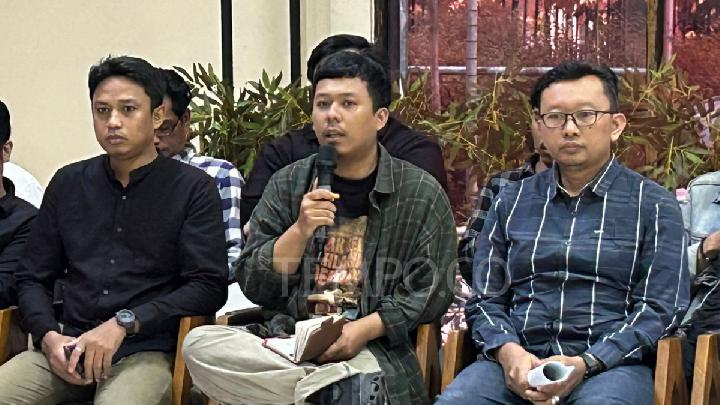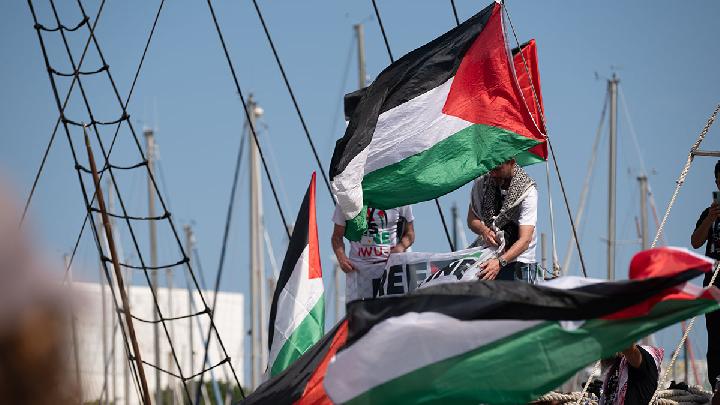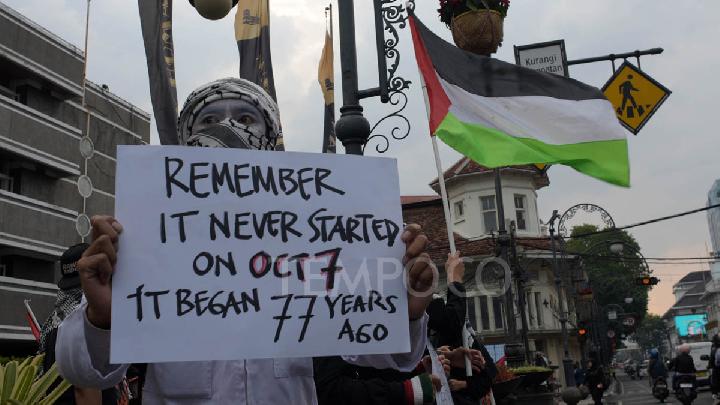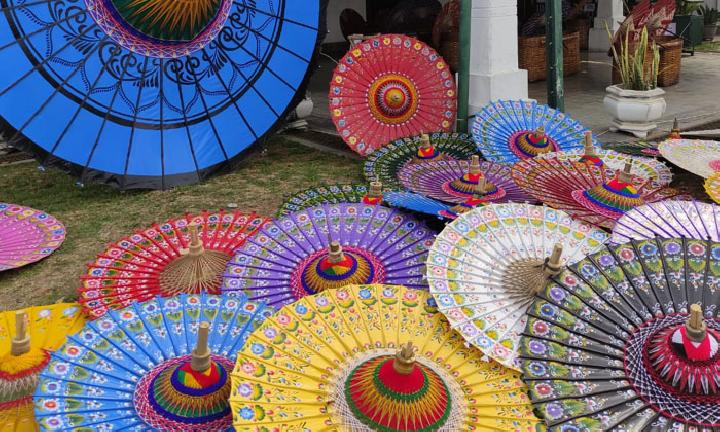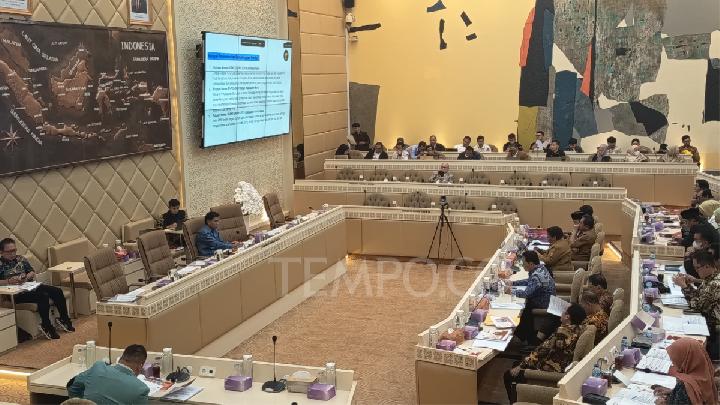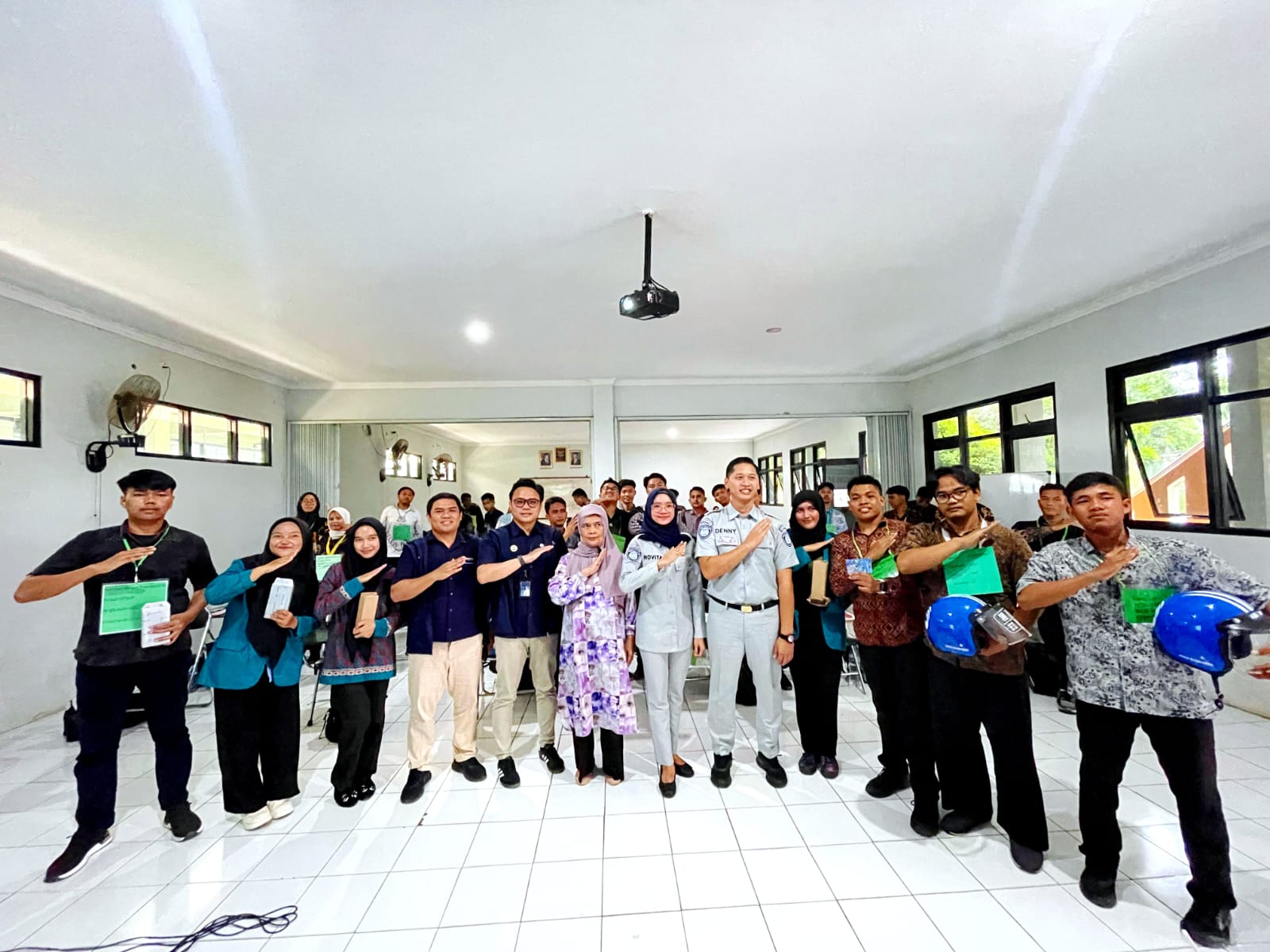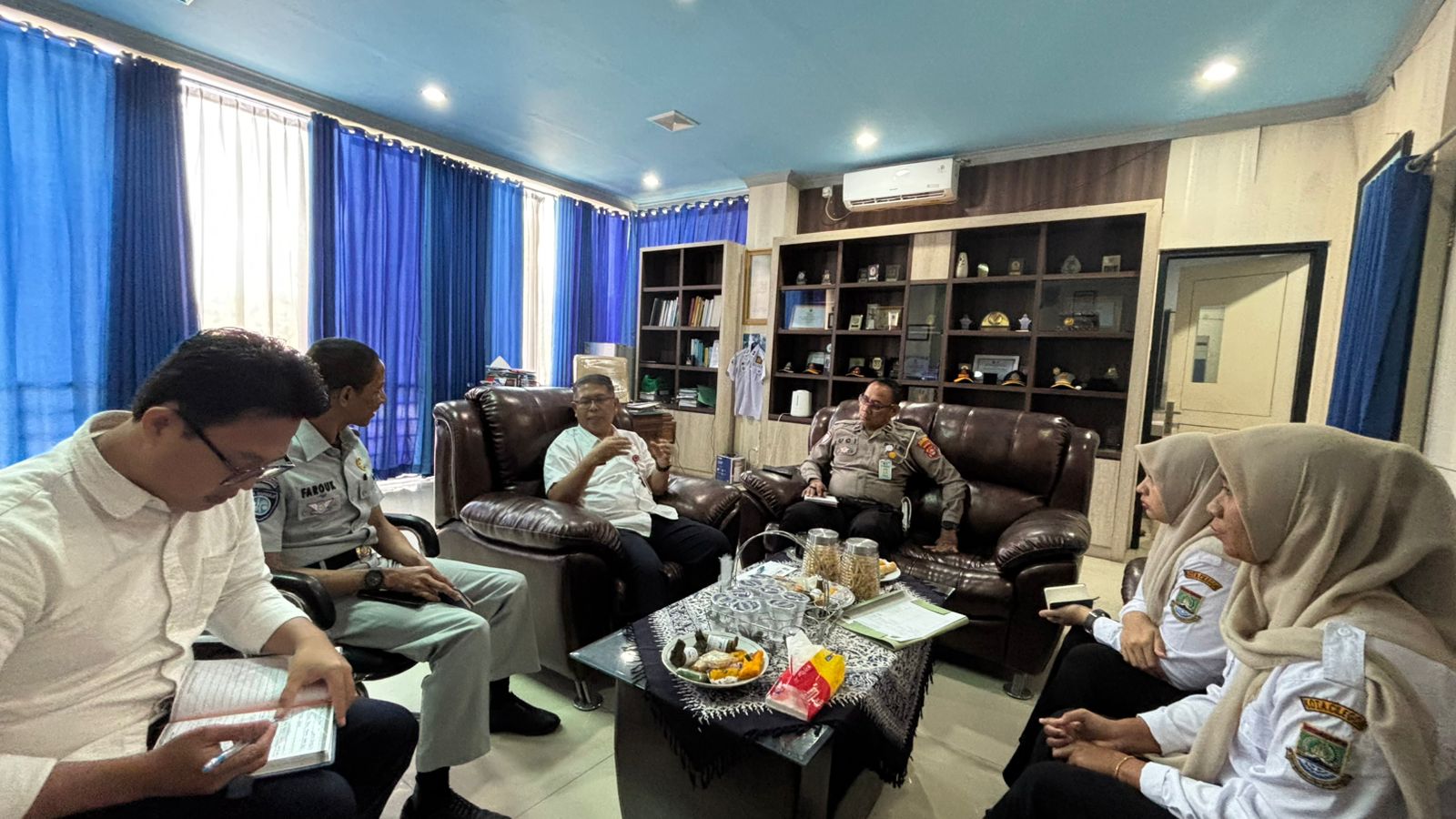September 3, 2025 | 02:46 pm

TEMPO.CO, Jakarta - The growth of tourism in Bali threatens rice fields and subak. The Island of the Gods faces the threat of losing its main draw.
THERE is something seriously wrong with the development of tourism in Bali. It has been carried out recklessly without any clear spatial planning controls. As a result, there is massive conversion of agricultural land and a threat to the existence of the traditional irrigation system known as subak that not only regulate water, but that also has spiritual significance and is a part of Balinese religious ritual.
According to the Indonesian Forum for the Environment (Wahli), an average of 2,288 hectares of rice fields in Bali disappear every year. Statistics Indonesia data shows that the area of rice fields fell from 110,978 hectares in 2018 to 103,803 hectares in 2024. Most of these rice fields have now been turned into villas, resorts, restaurants and cafes, while the remainder have been used for housing.
The explosion of visitors is the main cause of this. In 2024, the number of visitors to Bali reached a record 16.4 million people, increasing the pressure on land. The central government did propose a moratorium on tourism development, but it was rejected by the local government because tourism comprises 66 percent of Bali's economy. The provincial government did promise to protect agricultural land through special regulations, but these new rules have not been upheld consistently.
The people have followed along the flow. The temptation of instant profits from tourism has made many people abandon agriculture. Land has been sold, rented, or changed into commercial buildings. This is despite the fact that the main asset of Balinese tourism is the culture and nature, including subak, which has been recognized by the United Nations Educational, Scientific and Cultural Organization as a world heritage site. If subak disappears, Bali will lose its soul.
The way out is not to reject tourism, but to direct its development towards sustainable management. The development of Bali should be based on the environmental carrying capacity and clear spatial planning, so that the conversion of rice fields can be minimized and agricultural areas remain protected.
Local people need to be appointed as key managers, not simply spectators in the middle of an inflow of investment. Subak can be turned into a sustainable tourist destination, providing cultural experiences for tourists without losing its main function as a source of food.
The tourism business should not simply be about short-term profits, but should be directed towards an environmentally friendly model with its roots in local culture. The government would impose a number of firm measures, from limiting new development to imposing special levies on tourists, the proceeds of which could be used for conservation.
Finally, Bali could learn from the experience of other nations. The Peruvian government, for example, has limited the number of daily visitors to Machu Picchu so that the world heritage site is not damaged by overtourism. And Costa Rica is an example of how ecotourism can be turned into a national economic strategy without sacrificing conservation of tropical forests. This way, the development of tourism would not simply benefit investors, but also preserve the cultural heritage and nature. That is the life blood of tourism in places like Bali.
Without a new and clearer direction, Bali runs the risk of losing its drawing power that has long been the source of its greatness. Development of tourism that sacrifices culture and the environment will leave the charm of the island of the gods as nothing more than a distant memory.
Bali Remains Safe for Tourists Despite Recent Protests, Govt Says
1 hari lalu

Bali remains the main tourist magnet in Indonesia, contributing to most foreign arrivals in the country.
Indonesia's September 2025 Tourism Guide: From Jakarta to Yogyakarta
1 hari lalu
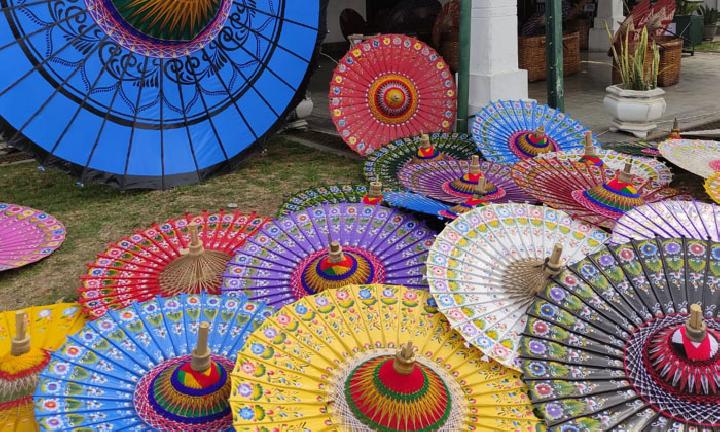
From a cultural festival in Yogyakarta to sweet culinary bazaars in Jakarta, a variety of events will be held across Indonesia this September 2025.
Japan Eyes Partnership with Sleman for Sister Village Program
7 hari lalu

The Japanese Embassy in Indonesia visited a rural area in Sleman, Yogyakarta, on Sunday, August 24, 2025.
Bali Deploys Robots to Tackle Beach Waste Crisis
10 hari lalu
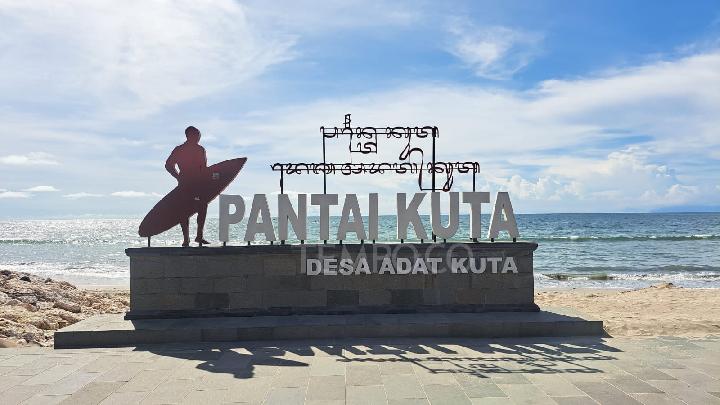
Bali is grappling with a waste crisis, particularly in popular tourist areas such as Kuta, Seminyak, Legian, and Jimbaran during certain months.
Airbnb Boasts Rp35 Trillion Contribution, 200,000 Jobs for Indonesia
13 hari lalu

Airbnb's contribution to the Indonesian economy reached Rp35 trillion and generated more than 200,000 jobs in 2024.
8 Best Beaches in Indonesia Most Loved by International Travelers
13 hari lalu
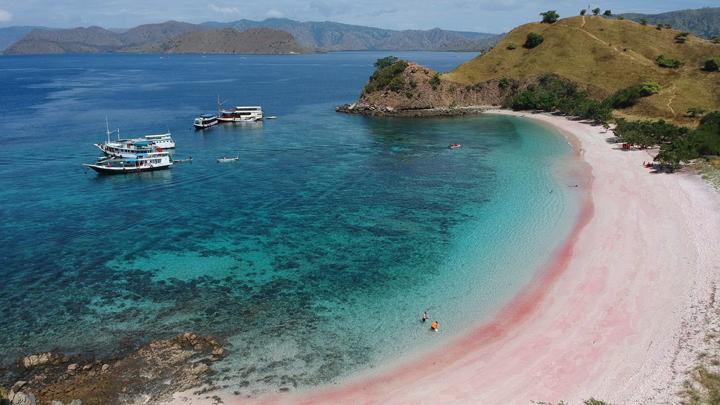
The best beaches in Indonesia blend breathtaking beauty with adventure, each carrying its own charm. Find your call among the endless seascapes here.
Yogyakarta Eyeing Growth in Chinese Tourist Arrivals for 2025
14 hari lalu

Foreign arrivals in Yogyakarta, based on Statistics Indonesia (BPS) data, have dropped 23.78 percent from January to May 2025.
Solo Tourism Seeks International Status for Adi Soemarmo After 36 Airports Get Upgrade
16 hari lalu
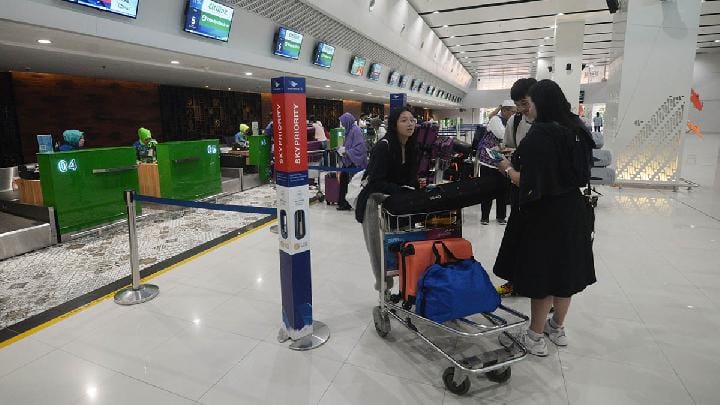
Tourism businesses in Solo City welcome the decision of the Ministry of Transportation regarding the designation of 36 airports as international airports.
Jason Momoa's Guide to Hawaii for First-Time Visitors: Favorite Islands, Where to Go, and More
17 hari lalu

Jason Momoa shares his favorite islands in Hawaii and recommendations for where to go for first-time visitors.
Bali's Travel Deals and Events for Indonesia's Independence Day Celebrations
17 hari lalu

Several of Bali's popular tourist spots are offering special promotions and events for travelers celebrating Indonesia's Independence Day.






